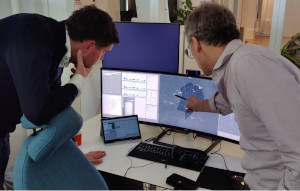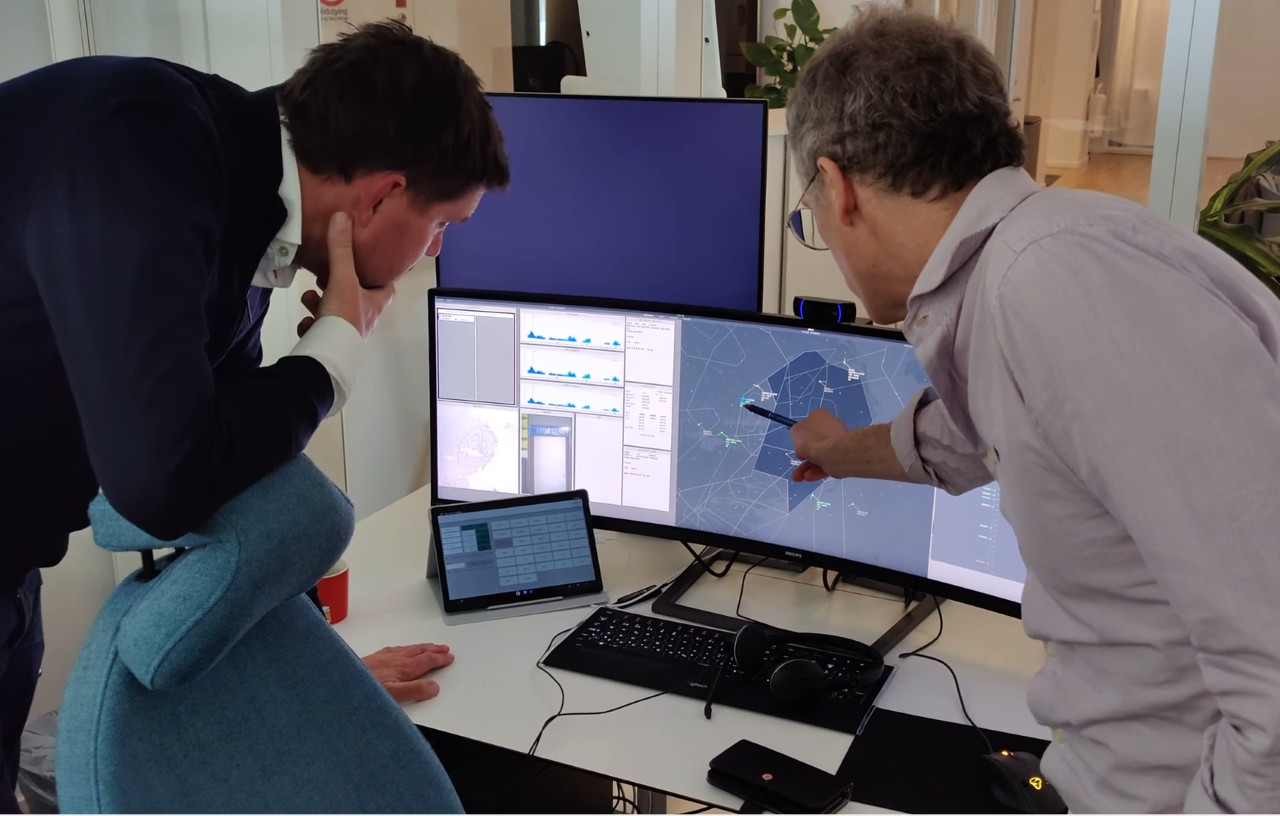SVART IRIS project initiated, supporting increased use of RNP AR approaches to airports
April 04, 2022

Together with Swedavia (project lead), LFV, and Novair, GEISTT has started up a new R&D project, funded by Trafikverket (TRV, Swedish Transport Administration) focusing on a methodology supporting accelerated concept development and evaluation, with targeted fidelity simulation as a key ingredient. The project is part of the IRIS-programme (Icke Raka Inflygningar Sverige) that supports the increased use of the environmentally friendly and effective curved RNP AR approaches to airports.
In a world with many complex, cost-constrained and urgent decisions concerning new technical systems, procedures, regulations, training requirements, and air space design that emerge from national or international (e.g. from EU programs such as SESAR) needs and initiatives, the project will develop an evaluation framework targeting early phases of concept development and evaluation. The methodology development will be driven by four applied cases studies, with the themes of improved integration between information systems, challenges with new procedures, increased automation, and improved predictive functionality.
SVART IRIS is the Swedish acronym for ”Simuleringsbaserad VärderingsAnsats och Rekommendationer Teknikval för IRIS” and the project will use targeted fidelity simulation and associated methodology that is being developed in the project to support the many tradeoff decisions that regulating agencies and airline operators need to make in the coming years.
During the four applied case studies different types of improvements are being studied in order to stimulate the methodology development. The first of the applied cases studies the effects of improved information integration between different existing systems. The second studies the effects of changed routines, procedures and expectations concerning the interaction between pilots and ATCO’s. The third studies the effects of increased automation and the fourth the effects of improved predictive tools.

Airline captain and ATC operator discussing a traffic situation at a simulated ATC operator working position
As in all projects where GEISTT is involved, the initiative is clearly focused on the real ATCO (Air Traffic Control Officers) and pilot information needs. Tight cooperation with operative end users and user tests will be used throughout the project, which is planned to run until 2025. A summary description of the project can be found in the Swedish Transport Administration’s (Trafikverket) project database